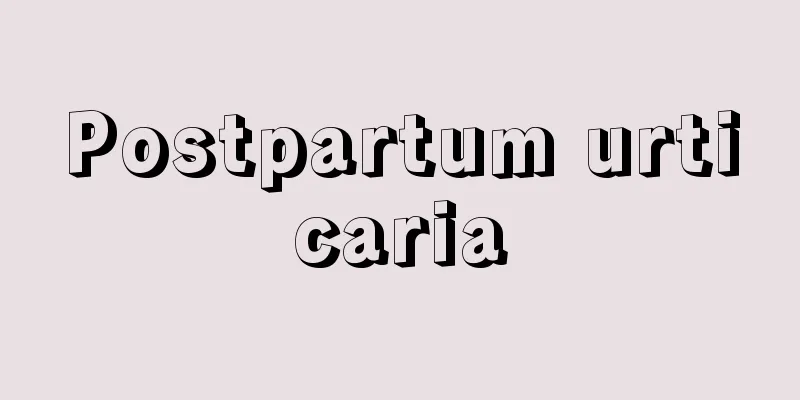What should pregnant women do if they have uterine fibroids?

|
If a pregnant woman suffers from uterine fibroids, she needs to pay attention to the treatment issue, because it is also related to the healthy development of the fetus. If it is in the early stage, it may be necessary to terminate the pregnancy according to the situation and remove the fibroids in time to avoid other threats. l) Treatment of uterine fibroids in early pregnancy: Intervention of uterine fibroids in early pregnancy can easily lead to miscarriage, so it can be delayed until the second trimester. If the fibroid is very large, it is estimated that there is a greater chance of complications if the pregnancy continues. If the patient requests an artificial abortion, the pregnancy can be terminated first, and the myomectomy can be performed in a short period of time, or the artificial abortion and myomectomy can be performed at the same time. 2) Treatment of uterine fibroids in mid-pregnancy: ① For those with fibroids less than 6 cm in diameter and no symptoms, regular prenatal check-ups are recommended and most do not require special treatment; ② For those with fibroids greater than 6 cm in diameter, the fibroids may continue to grow as the uterus grows, and large fibroids are prone to reddening and stimulating uterine contractions or peritoneal irritation symptoms. At this time, obstetricians only recommend conservative treatment such as bed rest and the use of analgesics. Myomectomy during pregnancy is rarely recommended and is only performed when absolutely necessary. 3) Treatment of uterine fibroids in late pregnancy: Small fibroids do not need to be treated. If the diameter of the fibroid is larger than 8 cm but there are no symptoms, you can wait until full term to have a cesarean section and perform a uterine fibroid removal surgery at the same time. Because large uterine fibroids may not only affect uterine contractions and cause abnormal labor force and delayed labor, but also the possibility of retained placenta, postpartum hemorrhage and postpartum infection is higher than that of normal mothers. In some cases, a woman may be forced to have her uterus removed due to uncontrollable postpartum bleeding or infection. Therefore, the appropriate mode of delivery is elective cesarean section, with simultaneous myomectomy. |
<<: What are the symptoms of tuberculosis?
>>: CT manifestations of pelvic effusion, let’s take a look at the professional knowledge!
Recommend
How long does it take to fly during pregnancy?
Pregnancy is a very difficult thing, but work is ...
Is it serious if pregnant women have blood in their stool?
Many women experience bloody stools during pregna...
The wisdom tooth is inflamed again. Should I remove it or not?
Have you ever heard that removing wisdom teeth ca...
Treatment of cervical cyst
The female body structure is very complex. In our...
Treatment of postpartum urinary difficulties
Many women experience difficulty urinating after ...
There are five things women should not do in bed, or it will kill them!
Sufficient sleep is a prerequisite for beauty. Ho...
What is the best food for women with kidney deficiency?
Not only men will suffer from kidney deficiency, ...
Can menstruation replenish blood?
As we all know, women have a few days of discomfo...
Can I drink scented tea during my period?
For women, menstruation is a special period. Duri...
What causes abdominal pain before period?
For girls, they have a special period every month...
How to treat candidal vaginitis
Candidal vaginitis is a very common disease in gy...
Women's body odor increases as their penis grows
Women may wonder why they emit more body odor. Th...
What are the dangers of taking birth control pills?
As the name suggests, "contraceptive pills&q...
What causes dizziness in pregnant women?
Pregnant women may experience dizziness or even f...
What causes kidney deficiency in women?
Many women are reluctant to admit it when they fi...









